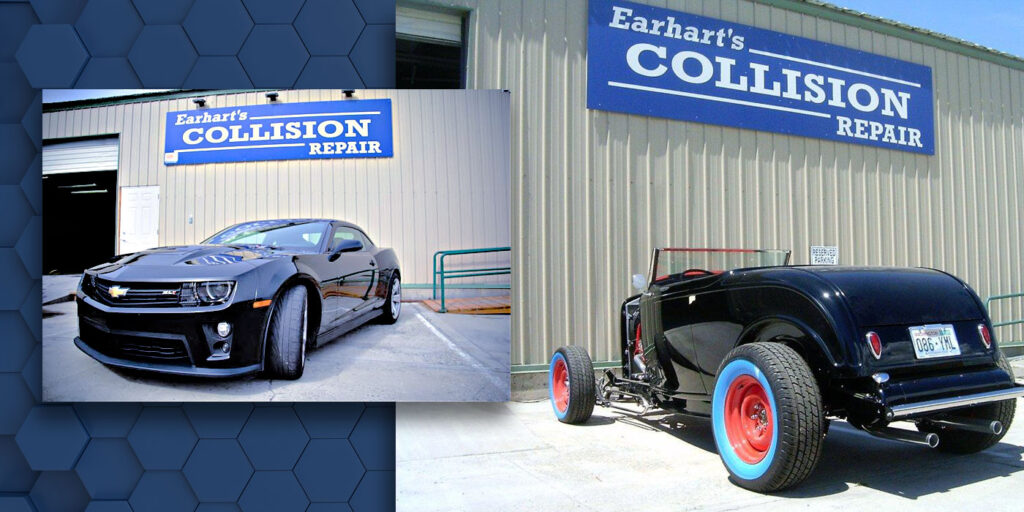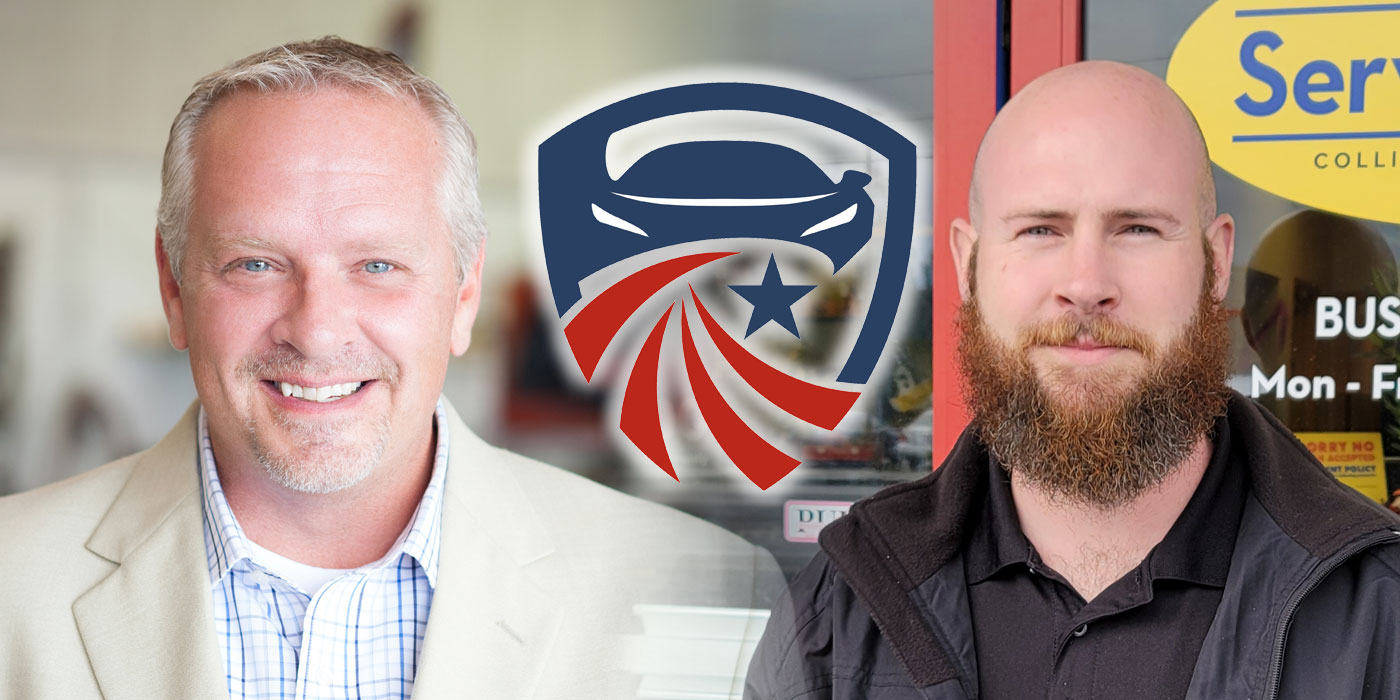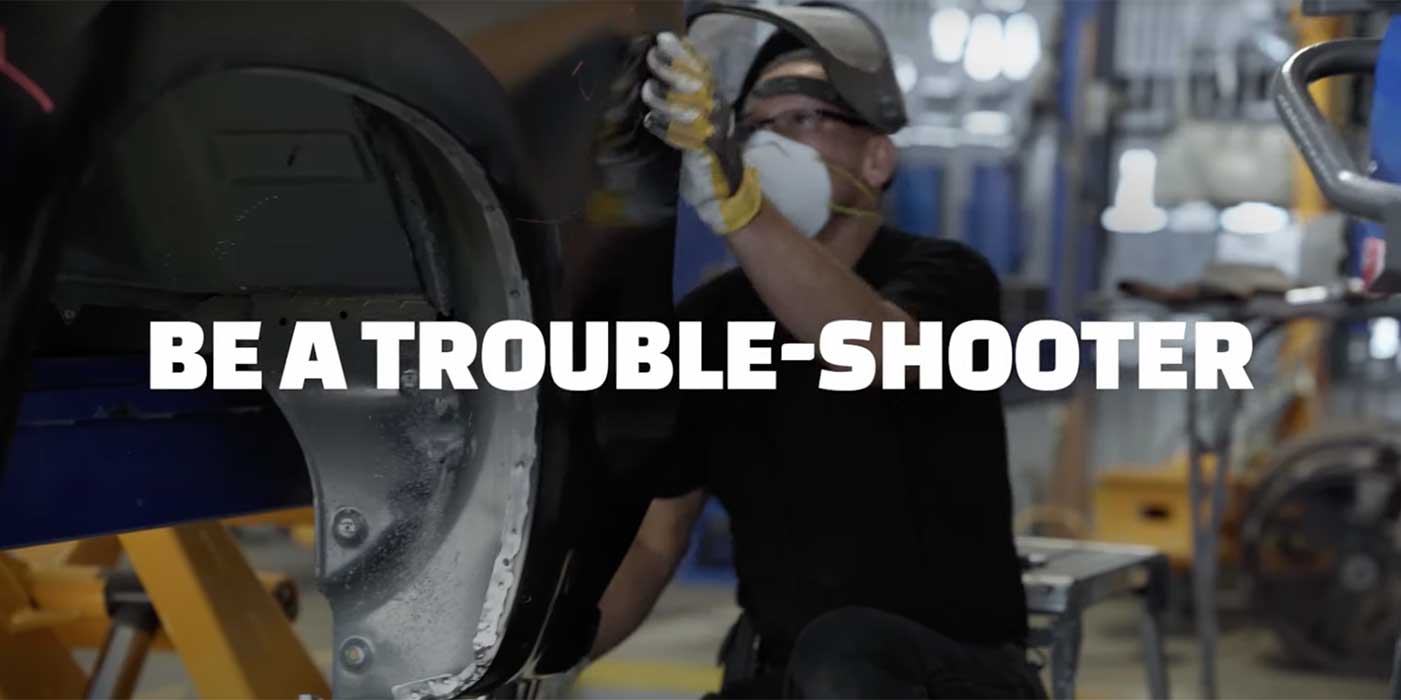
As you have no doubt noticed, every single collision industry gathering of any size has a speaker, guest panel or presentation about our declining workforce. Who will fix tomorrow’s collisions, is our wailing cry. From the reputed societal quirks of millennials to the widespread decline in desire to work with your hands in any capacity, the future looks dim, say many of the collision industry oracles. I doubt it, I say.
Seeking Help
From the time I started in 1970, body shop owners have been seeking reliable technicians to work in their shops. It seems to me that there were almost always more jobs open than seasoned techs to fill them. I remember attending a “where will new workers come from” seminar at an early NACE show in the mid-1980s. These days, I hear tales of $10,000 signing bonuses for any auto body technician who can flag serious hours if they’ll take the open job. I’ve personally spoken with enough shop owners who are frustrated with their local lack of a labor pool to believe that a shortage does indeed exist. But just as we have for the last 48 years I’ve spent in this business, I predict we’ll continue to staff body shops sufficiently well to restore collision damage at the same pace we have now. The apparent shortage of auto body techs hasn’t crippled the industry yet, and I don’t think it will.
The Obvious Place
Rather than try and steal techs from a competing shop (the model for any brand-new collision location), turn mechanics into body techs or train the local HVAC technicians to fix cars instead of furnaces, go where the interest in collision repair already exists.
I’ve been on my local vo-tech auto body program advisory board since it was formed in 1973. I believe in the concept that you can teach basic collision repair skills to young people. I recognize that knowing how doesn’t translate directly into doing “it” well or quickly. That only comes with practice. I liken it to the old saw about driving a boat: You can read about it, watch videos about it and carefully observe others do it, but the only way to learn to drive a boat is by driving a boat. The only way to flag 100 hours a week is to first flag 30 hours in the same five-day stretch. I speak to auto body students about the good living our profitable industry can provide whenever the opportunity presents itself. They always seem interested; after all, the median technician wage was $57,000, according to BodyShop Business’s 2017 BSB Industry Profile.
But after hundreds of conversations with shop owners across the country about hiring those vocational or community college graduates, I can sum up the shops’ comments
as follows:
- I tried it once and he was an idiot, could barely tie his shoes.
- Our local school doesn’t have any current tools or equipment, no aluminum, teaching with a torch set.
- Our local program is run by burned-out old (emphasis on old) techs who couldn’t make it on the line anymore.
- The kids don’t learn anything about new construction methods and are still fixing rust damage.
- Their graduates have an inflated sense of their own abilities and expect way too much money to start.
- They don’t teach those kids about time at all; they can’t produce the labor, speed and efficiency necessary.
- I hired one once and they were late three out of five days their first (and last) week.
I concede that all those things, and many other detrimental issues, affect local auto body vocational programs. (Let me digress a moment here to encourage YOU to join your local auto body advisory board and change their curriculum, equipment or instructors to model what you need as an employer. Stop complaining and help fix it.) In fact, many if not most of today’s secondary education collision repair programs use the I-CAR class data to inform their students about the very latest in adhesive bonding, aluminum welding, self-piercing rivets, structural pulls and multi-stage paint work. The part where the instructors are older is almost a job description. Everyone gets tired of the strenuous physical labor necessary to fix collision damage (says the guy with bad knees) and at some point would like to bend over less often. Be glad that those older techs are willing to pass on their knowledge rather than have all the classes taught by some 24-year-old with a B.A. in industrial arts. Rather than launch into a defense of the various local schools’ programs, I want to jump right to the end of my argument.
Hire the Interested Kids
I’ve talked to both PBE jobbers and MSO shop owners who gave up on their local auto body programs and built their own training classes. In one effort, we built a two-week class that taught the students only to clean, sand and mask – the three basic skills a painter’s helper must exhibit. We trolled for students on various internet boards and tried to entice people who had less desirable jobs (mowing lawns and picking crops are seasonal at best) to join the steady work and good wages available in body shops. In all cases, we had to explain our entire industry, the repair objective and the repair process to people who knew virtually nothing about our business.
Here’s my advice. Hire the kid who has already expressed an interest in our business. Not every student who enrolls in the local vo-tech auto body program will be stellar. Some of them will drop out or flunk out but will still represent themselves as having graduated the program. This, I believe, has led to many of the disparaging comments from disgruntled shop owners. “I told the kid to simply [BLANK] and he couldn’t even do that!” The difference between graduating and just attending a vocational school is a world apart. Some of the students never intended to join our industry but just wanted a skill they could use on their own vehicles when they returned to the family farm or the factory assembly line. Sadly, some of them were enrolled there instead of a court sentence to a stretch in a lockup facility. But at least some of them are enrolled because they hope to make a living in our business. Find those students.
Who would know if the prospective employee was reliable and punctual? Who would know if the student had a friendly attitude and worked well with others? Who would know how the student did on the written and hands-on tests? The instructors know all those answers and many more about the folks in their class. Ask them. The many successful shops who routinely mine every vo-tech program within 100 miles of their facilities seldom struggle to find good help. Hooking up in a partnering way with the local class instructors ensures that their shop gets the good graduates.
If you refuse to join the vo-tech program’s advisory board, at least offer part-time work to the kids while they’re in school. The instructors can recommend a student who has a good attitude and attendance record. By the time the kid graduates, they’ll know the shop’s routine and expectations.
Summary
Don’t keep placing help wanted ads in the local media; stop complaining over beers that there’s no one to hire. Instead, call the instructor at the nearest school and ask for their help. Trade their great information for you coming to their school and talking to the kids about our business. That’s a win-win!













